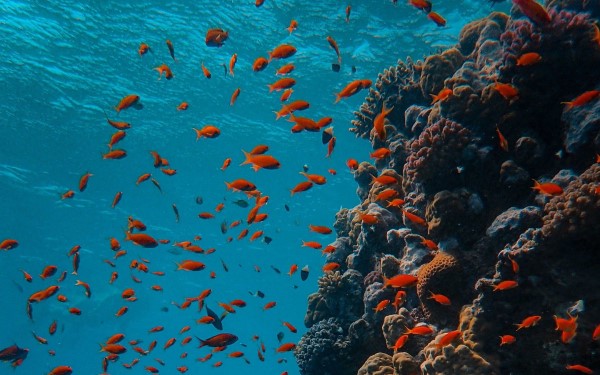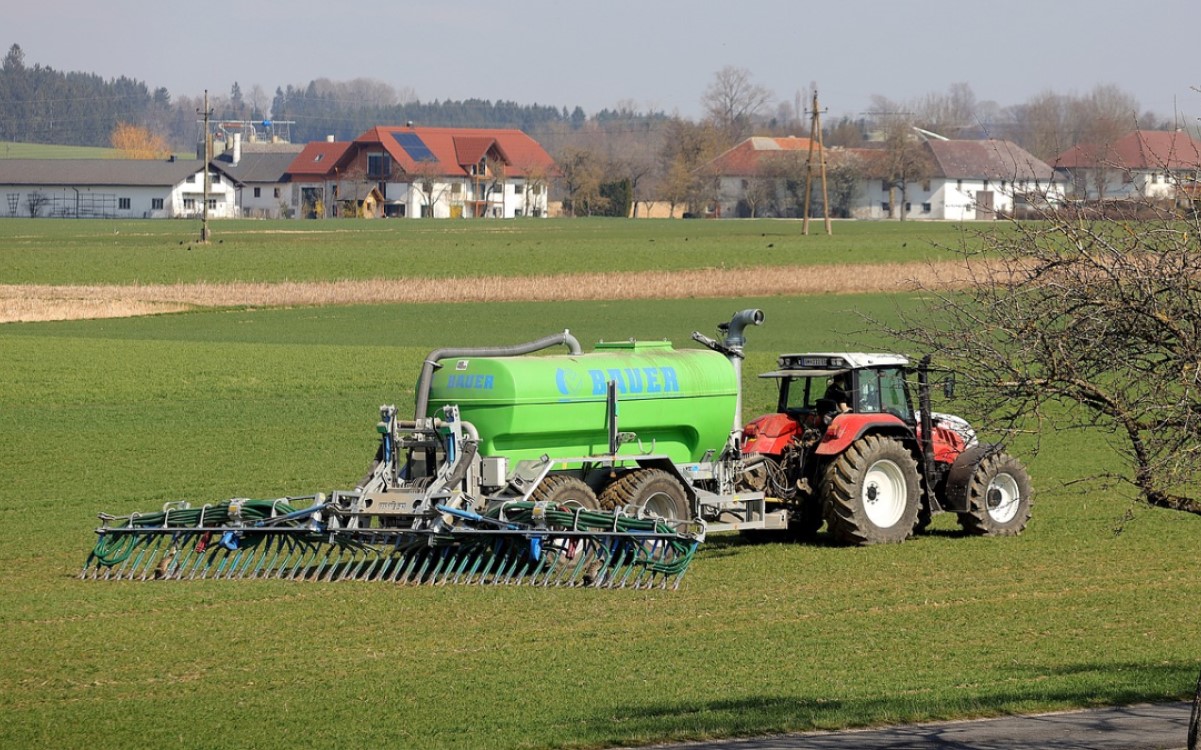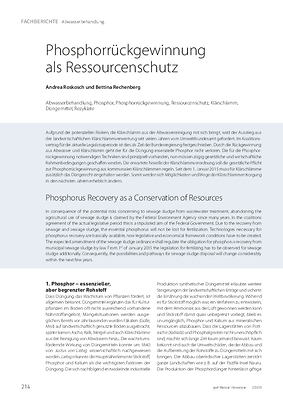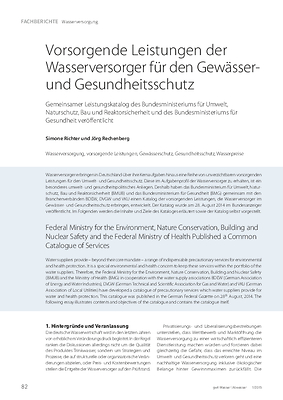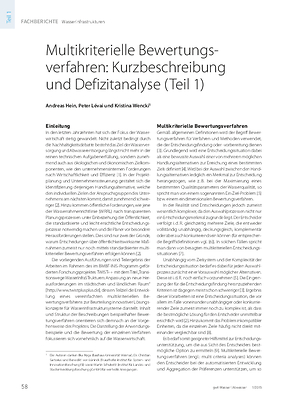The Earthshot Prize is designed to incentivise change and help to repair our planet over the next ten years. Five, one million-pound prizes will be awarded each year for the next ten years, providing at least 50 solutions to the world’s greatest environmental problems by 2030. The five categories are: Protect& Restore Nature, Clean our Air, Revive our Oceans, Build a Waste-Free World and Fix our Climate. Winner in the categorie “Revive our Oceans” is Coral Vita, Bahamas.

Winners of the Earthshot Prize 2021
Winner: Coral Vita, Bahamas
Coral Vita, which grows coral on land to replant in oceans, gives new life to dying ecosystems. Its methods grow coral up to 50 times faster than traditional methods and improves resilience to the impact of climate change.
As well as restoring reefs, founders Sam Teicher and Gator Halpern work with local communities, public officials, and private companies to improve education, create new job prospects, and build a model to inject more funding into environmental protection. Coral Vita gives new life not just to the ocean but to coastal economies as well.
With Coral Vita’s methods, a single farm could potentially supply coral for an entire nation, and they ultimately envision a network of such farms in every nation with reefs, kickstarting a restoration economy to preserve the ecosystems that sustain us all. Winning the prize will help them make that vision a reality.
The other finalists
Pristine Seas, USA
Pristine Seas is a global ocean conservation program. It was founded in 2008 by Dr. Enric Sala, National Geographic’s Explorer in Residence. He brought together an expert team of scientists, filmmakers and policy experts, with the aim to protect 30% of our oceans by 2030. So far, Pristine Seas has helped establish 24 marine reserves worldwide, across an area over twice the size of India.
Living Seawalls, Australia
Coastal cities are especially exposed to rising sea levels. Consequently, sea defences are an important part of climate change adaptation. But these flat, concrete structures are devoid of shelter for many marine organisms. Founded in 2018, Living Seawalls, a flagship program of the Sydney Institute of Marine Science, developed habitat panels. These panels, fitted to sea defences, mimic natural formations like rock pools and mangrove roots. Living Seawalls have 36% more marine species than flat seawalls after only two years.
